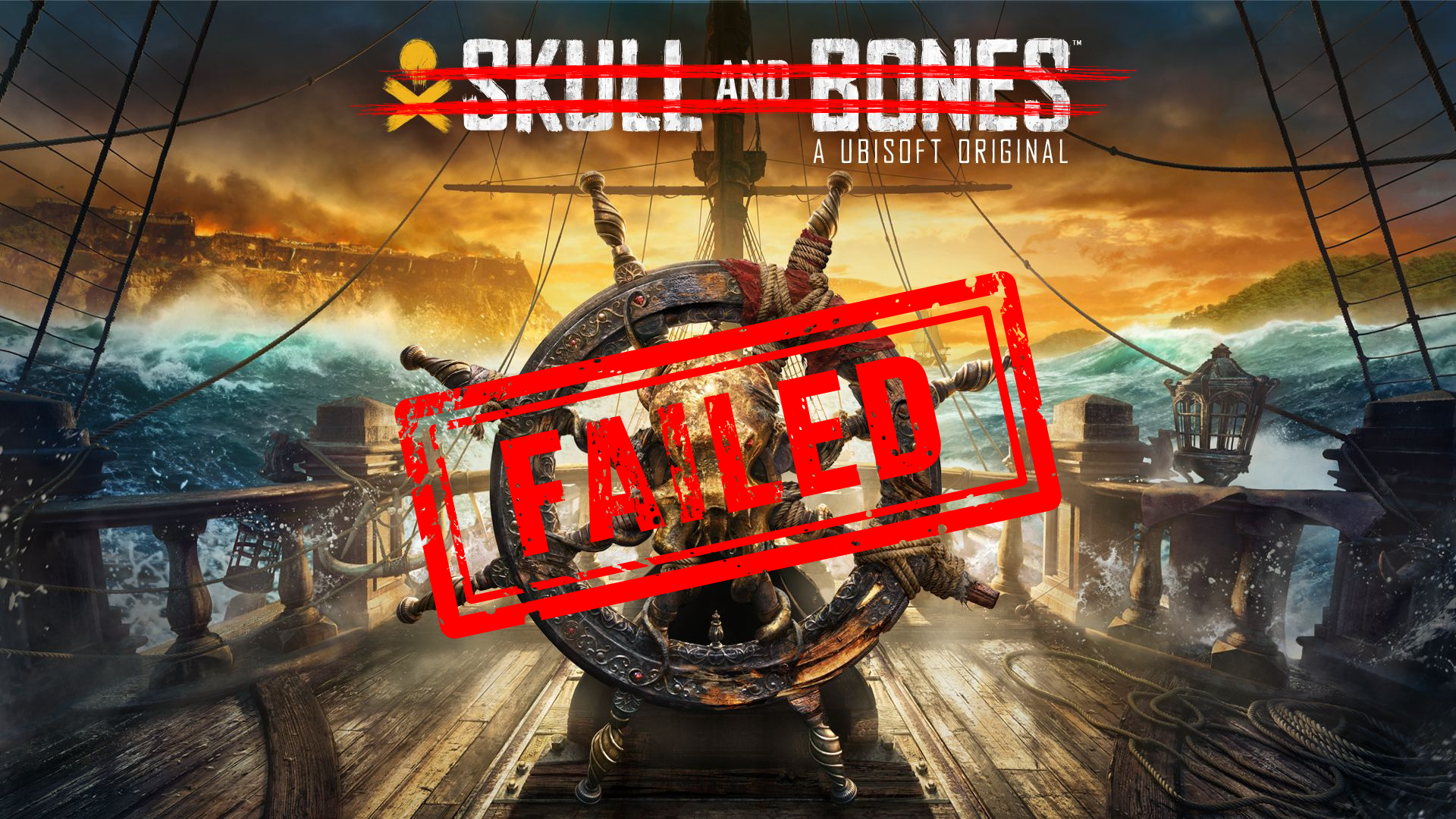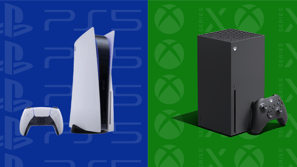
"Skull and Bones": A Disappointing Voyage in Gaming
Skull and Bones, Ubisoft's long-awaited pirate adventure, has failed to meet player expectations, delivering subpar gameplay and leaving fans disheartened.
GAME INDUSTRY
Tama
1/22/2025
"Skull and Bones" Sinks Amidst Poor Gameplay and Shattered Expectations
After more than a decade in development and countless delays, Ubisoft's Skull and Bones was expected to be a flagship title that would redefine the pirate adventure genre. However, upon its long-awaited release, the game was met with widespread disappointment, failing to deliver on its ambitious promises.
A Troubled Development Journey
The story of Skull and Bones began in 2013 as an offshoot of the naval combat mechanics featured in Assassin’s Creed IV: Black Flag. Initially envisioned as a multiplayer expansion, the project grew into a standalone title, which Ubisoft pitched as a massive pirate-themed open-world adventure. However, the development process was fraught with challenges, including changes in leadership, shifts in creative direction, and mounting financial strain.
Reports suggest that the budget for the game ballooned to a staggering $650 to $850 million, making it one of Ubisoft’s most expensive projects to date. Despite the resources poured into its development, the game struggled to find its identity. The lack of clear vision and cohesion during development is reflected in the final product, which many critics and players have described as uninspired and directionless.
Gameplay That Fails to Engage
At its core, Skull and Bones aimed to immerse players in the life of a pirate, commanding a ship and plundering riches. Yet, the execution of this premise left much to be desired. The gameplay loop primarily revolves around completing repetitive fetch quests and resource-gathering missions, which quickly become monotonous. Combat, a key aspect of any pirate adventure, feels shallow and unbalanced, lacking the strategic depth or excitement needed to keep players engaged.
Moreover, the game’s heavy reliance on grinding for resources to upgrade ships and equipment frustrated players. Many felt that the progression system was overly reliant on microtransactions, further detracting from the experience. While the visuals are stunning, showcasing impressive ship models and atmospheric seas, they could not mask the fundamental shortcomings in gameplay and design.
High Expectations, Greater Disappointment
Player expectations for Skull and Bones were high, especially after the critical acclaim of Black Flag, which set a benchmark for naval combat in gaming. Ubisoft’s marketing built up hype for an open-world pirate adventure that would expand on those mechanics, offering a rich and dynamic experience. However, Skull and Bones delivered a linear and constrained gameplay structure that lacked the freedom players had hoped for.
Fans were also disheartened by the absence of a compelling narrative or memorable characters. The game focuses almost exclusively on naval activities, neglecting the human element that could have added depth and emotional investment. Players quickly realized that the game lacked the charisma and charm they had come to expect from a Ubisoft title.
The Impact on Ubisoft’s Reputation
The failure of Skull and Bones has raised significant concerns about Ubisoft’s development practices and its ability to deliver high-quality games. Critics have pointed out that the company has struggled with creative stagnation in recent years, and this release has only added to the perception that Ubisoft is out of touch with its audience. The financial losses and reputational damage caused by Skull and Bones are expected to have long-term implications for the company.
A Glimmer of Hope?
Despite the overwhelmingly negative reception, there is still a sliver of hope for Skull and Bones. Ubisoft has a track record of turning around struggling games through post-launch support, as seen with titles like Rainbow Six Siege and For Honor. If the company is willing to invest in significant updates and rework the game’s core mechanics, Skull and Bones could potentially salvage its reputation over time. However, whether Ubisoft will make that effort remains to be seen.
Conclusion
Skull and Bones is a cautionary tale of how ambition without focus can lead to a product that fails to meet expectations. What was once envisioned as a genre-defining pirate adventure ended up as a repetitive and uninspired experience that left fans deeply disappointed. Ubisoft now faces the challenge of rebuilding trust with its audience and learning from the missteps that led to this debacle. Whether Skull and Bones will find redemption in the future or fade into obscurity is a question only time can answer.
PlayEcho delivers the latest news, reviews, and insights from the gaming world, highlighting local talents and global trends for gamers everywhere.
FAQs
What platforms is "Skull and Bones" available on?
A: The game is available on PC, PlayStation 5, and Xbox Series X|S.How was the game's reception upon release?
A: The game received mixed to negative reviews, with a Metacritic score of 59/100, indicating generally unfavorable reviews.What were the main criticisms of the game?
A: Critics and players pointed out the game's repetitive missions, lack of engaging content, and failure to deliver an authentic pirate experience.Did the game face any development challenges?
A: Yes, the game underwent a tumultuous development process spanning over a decade, with multiple delays and significant financial investment.Is there any hope for future improvements to the game?
A: While Ubisoft has not made any official announcements regarding major updates or overhauls, the company may release patches or additional content to address some of the criticisms. Players are advised to follow official Ubisoft channels for the latest information.
Terms and Conditions
Privacy Policy
PlayEcho
Newest information about game industry and analysis.
Subscribe to our newsletter
© 2025. All rights reserved.








